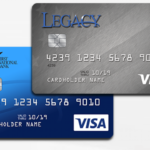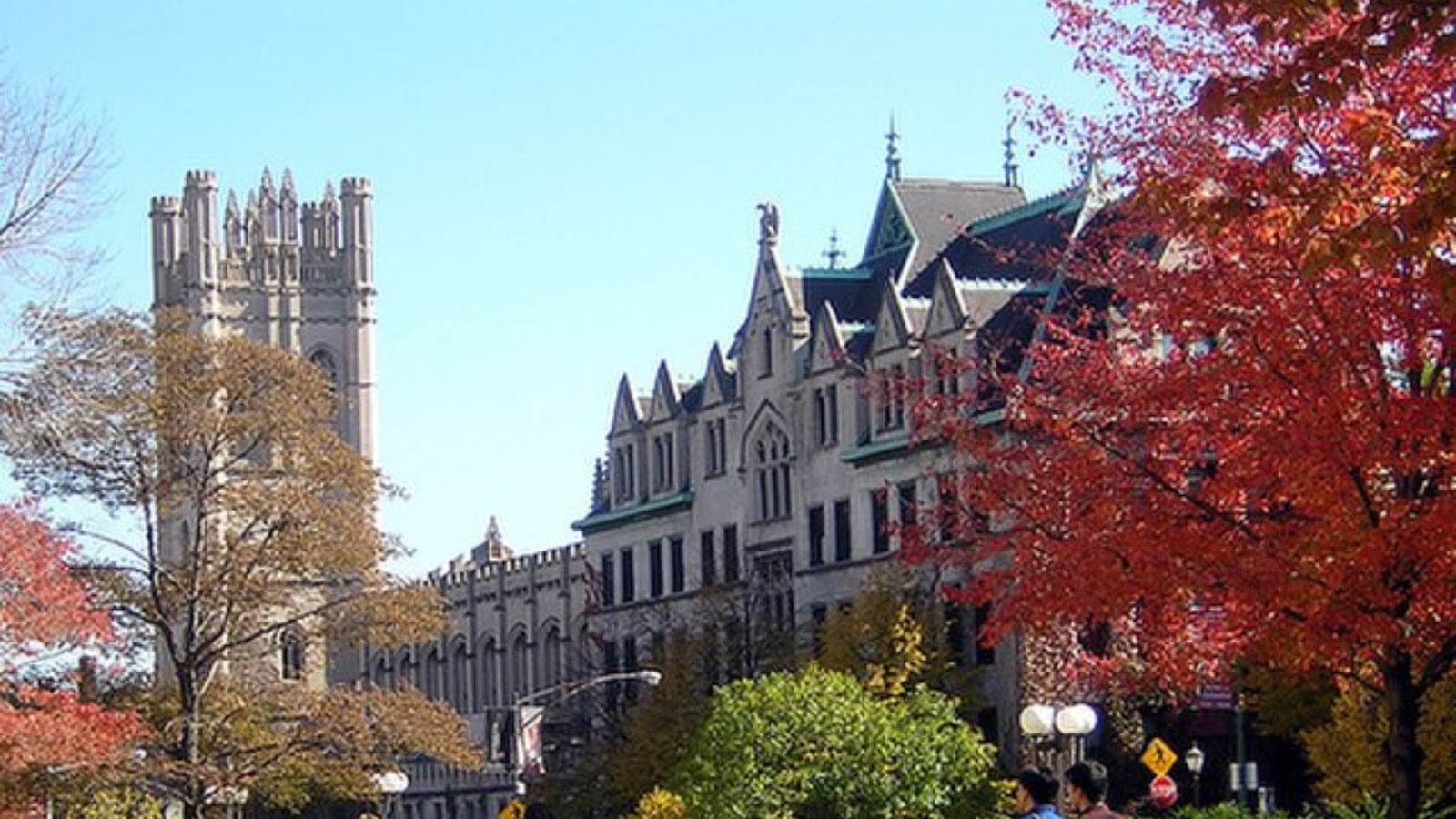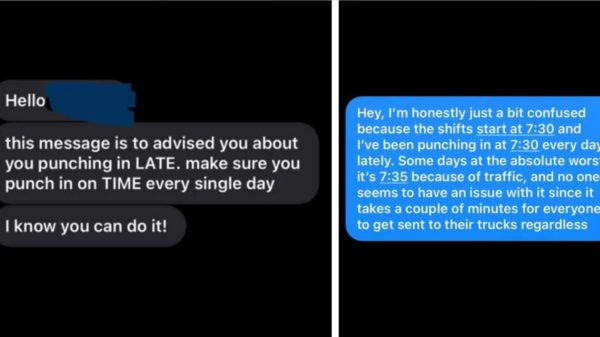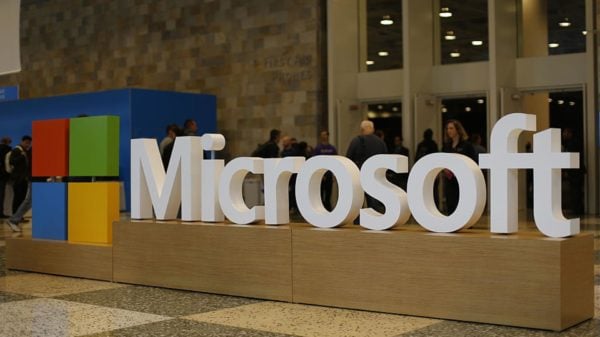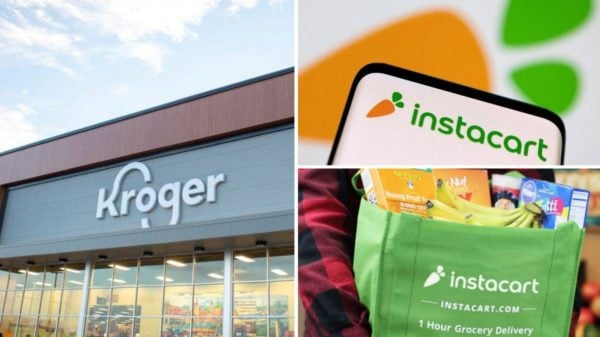The University of Chicago, one of the nation’s top-tier educational institutions, has agreed to a significant $13.5 million settlement concerning allegations surrounding financial aid conspiracies. The agreement is an outcome of accusations that UChicago, along with several other elite institutions, colluded to limit the amount of financial aid provided to students.
The genesis of this significant legal move can be traced back to January 2022. Five former undergraduate students from Duke, Northwestern, and Vanderbilt embarked on a legal battle against 16 top schools, which included esteemed names like UChicago, Brown, Yale, and Northwestern.
Central to their lawsuit was an entity known as the “568 Presidents Group,” a consortium that set a platform for these educational institutions to establish common benchmarks for disbursing financial aid.
The plaintiffs in the lawsuit made a rather serious charge. They asserted that these colleges, under the umbrella of the 568 Presidents Group, “participated in a price-fixing cartel.” Simplified, this accusation implies that the schools may have colluded to minimize competition on financial aid offers, potentially manipulating the net costs for students who received such aid.
The numbers tied to the allegation are significant. The students claimed that these institutions might have “overcharged over 170,000 financial-aid recipients by at least hundreds of millions of dollars.”
At the core of this controversy is Section 568 of the Higher Education Act. This specific section grants colleges the privilege to collaboratively decide on financial aid packages, but with one main condition: they must be “need blind” in the admissions process. This means that these institutions shouldn’t factor in a student’s financial capacity while making admissions decisions.
However, the plaintiffs counter this, suggesting that the universities’ actions might not align with this need-blind commitment. They believe the institutions could be considering the financial contributions a prospective student might bring.
Fast-forward to the present and the University of Chicago has opted for a settlement. The amount agreed upon is $13.5 million, but this decision is still pending final approval from the US District Court for the Northern District of Illinois. Under the terms of this agreement, students who received financial aid and attended the mentioned schools,and had to pay additional charges not covered by the aid during specified periods might be eligible for compensation.
For clarity, the specified timeframes for potential eligibility are:
Between 2003 and the settlement date for institutions like UChicago, Columbia, Cornell, Duke, Georgetown, MIT, Northwestern, Notre Dame, Penn, Rice, Vanderbilt, and Yale.
From 2004 to the settlement date for Brown, Dartmouth, and Emory.
From 2019 to the settlement date for Caltech.
From 2021 to the settlement date for Johns Hopkins.
An outreach program is in the pipeline, where eligible beneficiaries will be intimated through email campaigns. They can also access a toll-free number or visit a dedicated website for further details on the settlement.
In response to this development, the University of Chicago articulated its position, stating, “We look forward to putting this matter behind us and continuing to focus our efforts on expanding access to a transformative undergraduate education.”
The settlement is still undergoing the judicial process, seeking both preliminary and final court approval. It’s essential to note that, despite the settlement, the implicated schools have not acknowledged any fault in this matter.



























